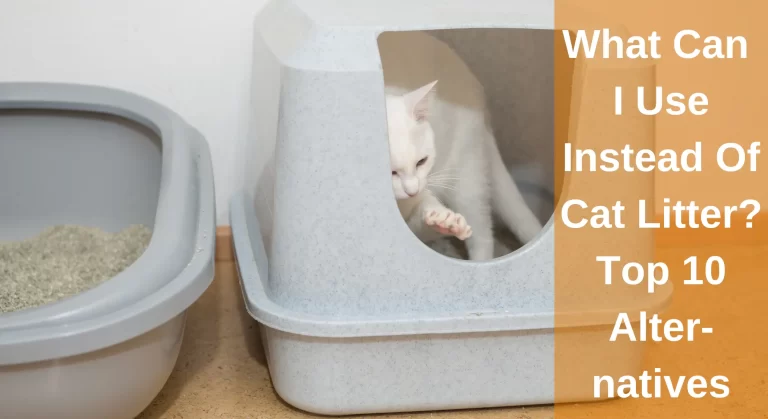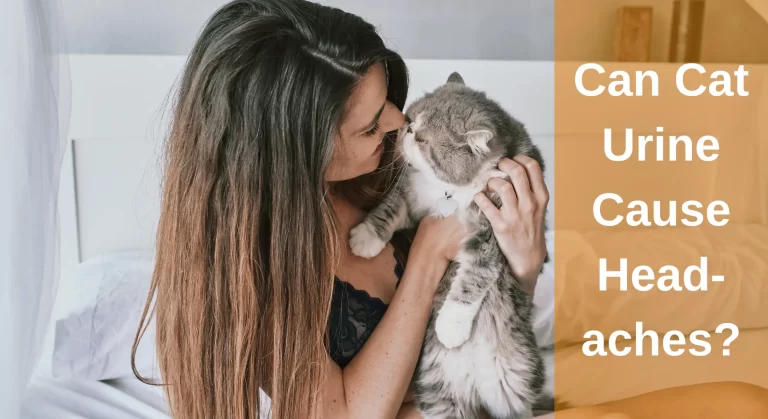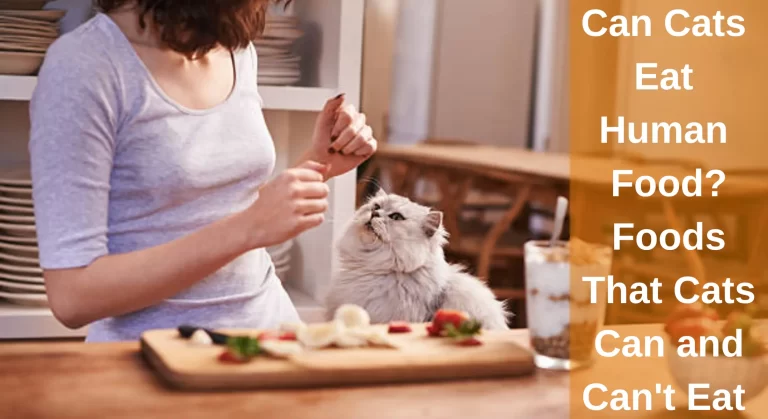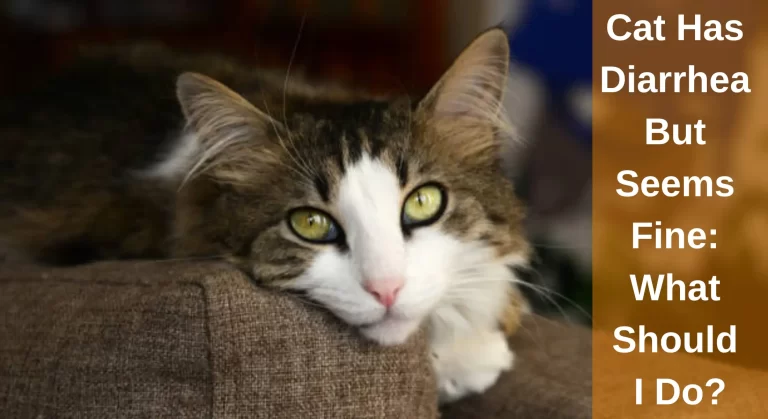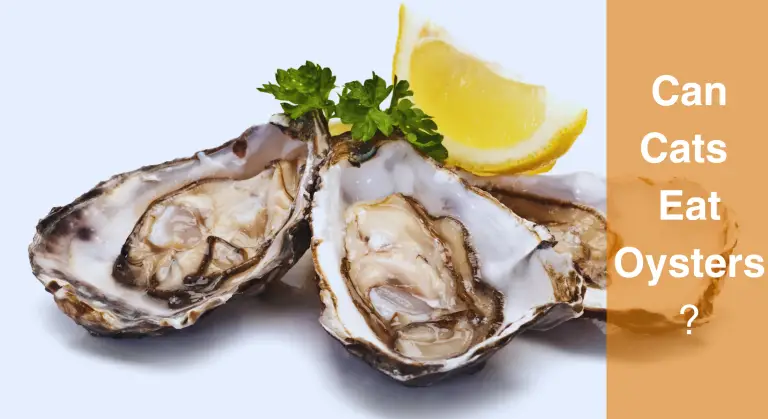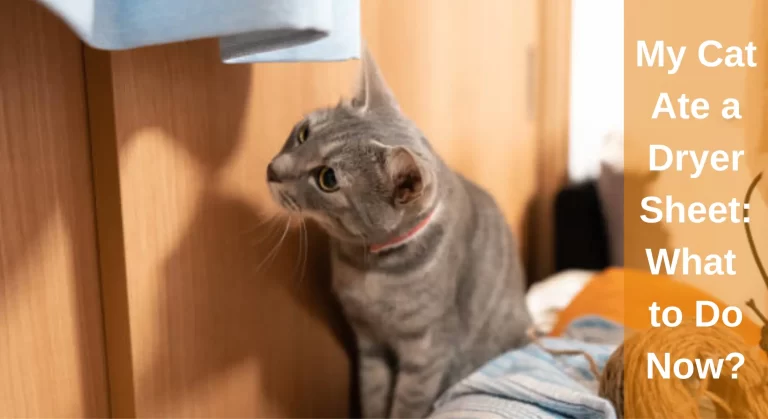Older Cat Not Eating But Drinking: Reasons And How to Help
Why did my senior cat stop eating but keep drinking?
It is realistic to expect certain behavioural changes as cats age because they frequently experience such changes. Among the signs include an increase in disorientation, litter box issues, and hiding behaviour. Cats’ appetites will also somewhat alter as they become older.
An older cat not eating but drinking could be due to this. old cats are more susceptible to illness, and major behavioural changes such as a loss of appetite can be a telltale sign that something is wrong. Diabetes, hyperthyroidism, and kidney disease are among the most common causes. In order to provide effective treatment to your kitten, you should seek veterinary attention for each of these conditions.
The issue at hand is often exceedingly serious in cases where your feline buddy is just drinking water or not eating anything else. Here is a closer look at each of the causes of this behaviour as well as other red flags.
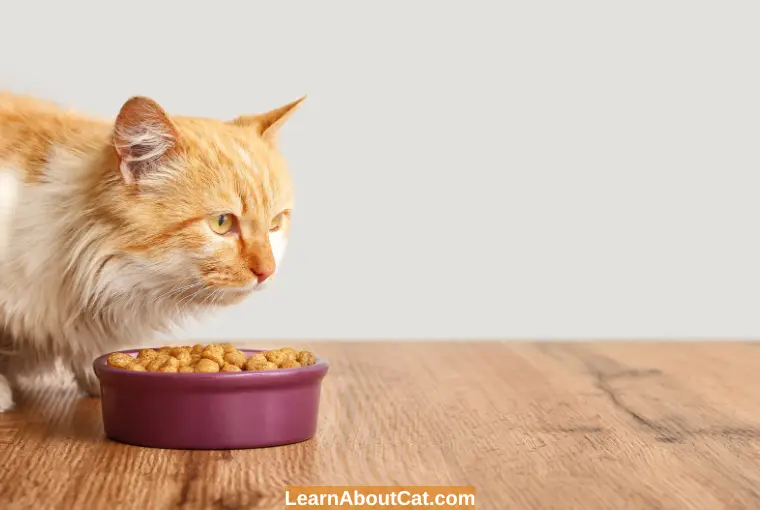
Reasons Why is My Older Cat Not Eating But Drinking?
1. Diabetes mellitus
Despite acting regularly and drinking a lot of water, your older cat’s unwillingness to eat might possibly be brought on by diabetes mellitus. This is another hormonal problem that cats experience, and it has to do with the pancreatic beta cells that produce the hormone insulin.
Cats with diabetes mellitus typically have low insulin levels for one of three reasons:
- Type 1: The beta cells that produce insulin are completely or nearly completely destroyed, resulting in no synthesis of the hormone. The onset of Type I diabetes in cats is quite rare.
- Type II: Beta cells are present in type II diabetes, however, there is difficulty with the generation or secretion of insulin. It is the most prevalent kind of diabetes in cats.
- Type III: The beta cells may still produce an average amount of insulin. However, as a result of their bodies developing resistant receptor cells, they now have Type III diabetes. This resistance is typically brought on by changes in other hormone levels, particularly those that take place during pregnancy.
2. Decaying Teeth
Tooth rot or other dental issues can be another reason your cat isn’t eating but regularly drinking. Older cats are prone to have this since cats’ teeth degrade with age. Throughout a person’s lifetime, plaque can build up and damage the surface of their teeth. As a result, the teeth’s exposed roots are uncomfortable to touch.
When your cat stops eating dry food but still eats treats, that is another common indication. The occasional treat is simpler to manage than the hard kibble, which will harm their teeth.
3. Hyperthyroidism
Hyperthyroidism is a very common medical condition in elderly cats. The excessive production and release of thyroid hormone, which is essential for regulating metabolism, is caused by this overactive gland.
Several clinical symptoms of hyperthyroidism in cats should be watched for. These may at first be hardly perceptible and modest. However, it will be more difficult to miss if the situation becomes worse. The most prevalent warning signs include:
- Lower weight
- Increased appetite
- Increased thirst
- Frequent urination
In case your cat seems to have hyperthyroidism, you must take it to a veterinary office as soon as possible. The untreated condition of a cat can lead to secondary problems such as heart disease and/or high blood pressure
4. Renal Disease
Cats are more likely to develop age-related renal disease due to a natural decline in kidney function. This is a very likely reason for your elderly cat’s lack of appetite yet continued regular drinking. If your cat is diagnosed early, they frequently have a very good quality of life. However, since chronic renal illness cannot be cured, there is little you can do to minimise discomfort if you have it.
5. Food Allergy
Last but not least, a food allergy in your senior cat may be the reason for their lack of appetite.
An allergic cat may show one of the following symptoms:
- Unusual grooming, persistent ear and skin infections
- Itchy skin
- Additionally, they could have constipation or vomiting as a result of gastrointestinal issues. Your cat may experience respiratory issues.
Also Read: Should I Leave Food Out For My Cat At Night?
What To Do When Senior Cat Stops Eating?
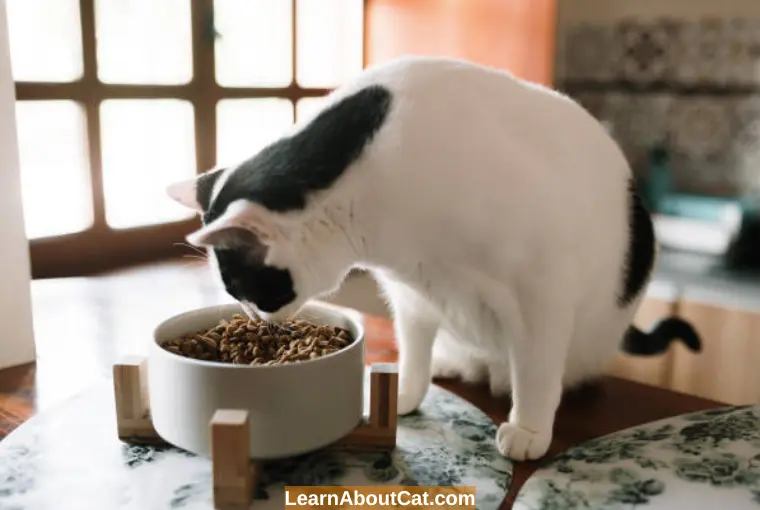
If your senior cat stops eating, I suggest that you take a few steps. These should increase your cat’s food intake and help identify the issue.
1. Alternate Cat Food
It is frequently required to convert to wet cat food as well. Cats often prefer wet food, which might give your cat the incentive she requires. If you want to stick with kibble, soft dry cat food is a pleasing compromise.
Your veterinarian could have given you specific dietary instructions. They could recommend food supplements or appetite stimulants.
2. Enhance the Food’s Allure
Eating the same thing every day might get monotonous; let’s face it. You could feel the same way about eating leftover meatloaf for the third time in a week as your geriatric cat does. A good way to spice up dishes is to:
Heating wet food will make it taste better and lure cats to the dining table, so to speak.
Hand-feeding – When you’re feeding your cat by hand, sometimes all it takes to get their appetites going is a little extra praise and attention. Furthermore, hand-feeding allows you to make sure they’ve eaten. To persuade them to eat anything, you may merely need to change the flavours or varieties of food.
3. Provide all Necessary Resources
This involves providing them with comforts like plenty of clean water, a scratching post, toys, and a quiet place to hide and sleep. Even straightforward actions like getting elderly cats an adequate litter box could be helpful.
Although appearances to the contrary, stress and your cat’s food habits are closely tied as a stressed cat’s diet changes or ceases. So, provide them with each and everything that is necessary for happiness and a contented life.
4. Finding the Warning Symptoms Early
You should identify the root of the problem as soon as possible if your senior cat isn’t eating for any reason other than a sudden dislike of chicken.
Use a cat litter that tracks health, like PrettyLitter, to take control. Whether the colour of the litter changes, you may immediately determine if there may be a health issue without having to make any assumptions.
5. Examine the Dining Area
Whether or not your cat is picky about their food, something about their dining area could irritate them. A cleaning check might help you identify potential offenders. Is the food or water dish dirty? Does the ground have any water or dog food?
It’s possible that a quick look into their “dining room” will reveal more details than you might think.
If everything in the dining room seems normal, you might try altering food dishes or even feeding locations. Your cat could have been startled in their usual spot, such as when they were eating in the kitchen and a pan spilt.
6. Visit the vet
The most important thing is to first speak with your veterinarian. Before the appointment, observe your cat’s behaviour and look out for any further indications I’ve mentioned above. The more details you can give about each symptom and its cause, the better your veterinarian will be able to diagnose the condition.
If it is verified, your veterinarian will discuss your choices for treatment with you. Everything that is determined must be properly followed if you wish to recover your cat rapidly.
Find out: Cat Not Eating or Drinking- How Long Can a Cat Survive?
What Should I Feed A Older Cat Who Isn’t Eating?
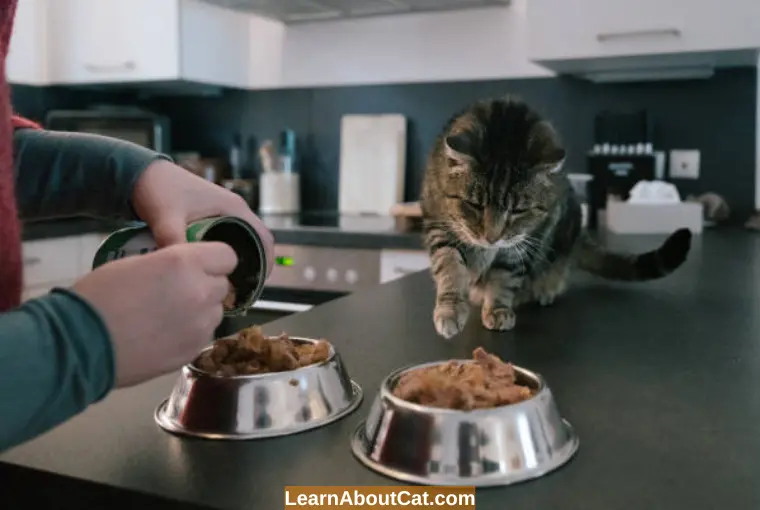
High-quality protein and calorie cat food should be provided to senior cats that won’t eat. Premium protein, certain ratios of fat and amino acids, as well as essential vitamins and minerals, are all required for your cat.
Senior cat food is made with all the nutrients that cats need to support their digestive and immune systems. An aged cat may not be as hungry as they once were and may be reluctant to eat. If you want to make it easier for elderly cats to chew, you may combine high-quality cat food with some water. It should still taste and smell excellent.
Once the cause of your senior cat’s weight loss has been found, you may fix it and launch a campaign to encourage her to resume regularly eating at the same time. Start with a meal that is high in nutrients and calories. The majority of cat foods do not include weight-gaining promises because cats tend to be overweight.
Consult your veterinarian before deciding on high-protein, high-calorie meals if your cat has renal disease since too much protein may exacerbate the situation.
Cats do not metabolise carbs as well as people do; thus, feeding them plenty of them won’t make them gain weight. You may also try grain-free cat food. Many supplements are available as gels and are designed to be tasty while still being heavy in protein, vitamins, and minerals.
Also, Check Out: Why Is My Cat Throwing Up Food But Acting Normal?
What Can You Do To Make An Older Cat Eat?
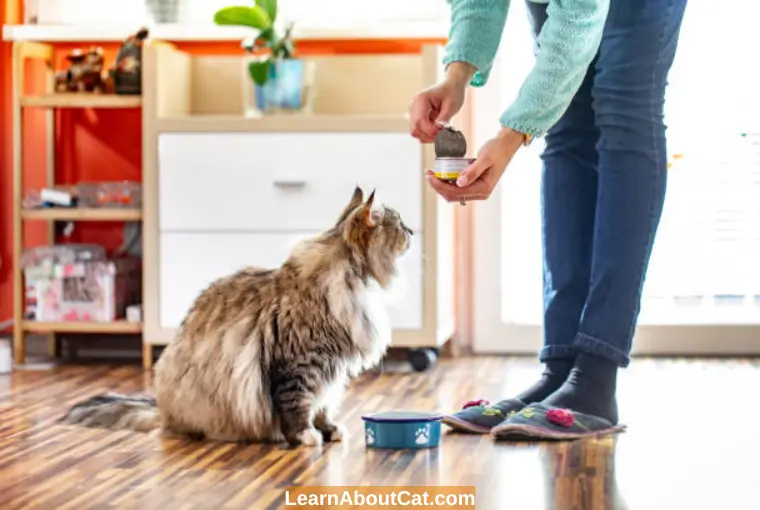
1. Small, Regular Meals are the best for Getting an Elderly Cat to Eat
The stomach of a cat is about the size of a ping-pong ball. That your cat wouldn’t consume everything at once makes sense.
Give your cat one spoonful of food every several hours, whether they prefer dry food, wet food, or both. It is simpler to swallow little, frequent meals than large ones, and they might lessen the probability of post-meal vomiting.
2. Wholesome Snacks
If you provide your cat with wholesome snacks in between meals, he can put on weight. Use a few straightforward, high-protein freeze-dried treats to entice your cat between meals. -dried chicken breast pieces, such as PureBites chicken breast and dry raw cat snacks.
Intresting Reading: Can Cats Eat Cooked Chicken Bones?
3. Reduce Cat Stress & Anxiety
To lessen their stress, let them alone while giving them some food to eat. Your cat will likely eat more efficiently if you allow him or her some room, though.
4. Warming up Wet Cat food
If the food smells delicious, cats will be more inclined to consume it. After being warmed up, your senior cat will find it to be more tasty and enticing. Most cats like environments that are at or near their body temperature, which is 38.5°C (101.5°F).
You Might Like to Read: What Temperature Do Cats Like?
5. Medicine
Your veterinarian could suggest taking a few medications to help your cat eat more. To avoid giving a pill, call a vet if the medication is available in a transdermal form.
Check Out: The Ultimate Guide To How to Get Your Cat to Drink More Water
How Do You Deal with an Elderly Cat Who Doesn’t Eat?
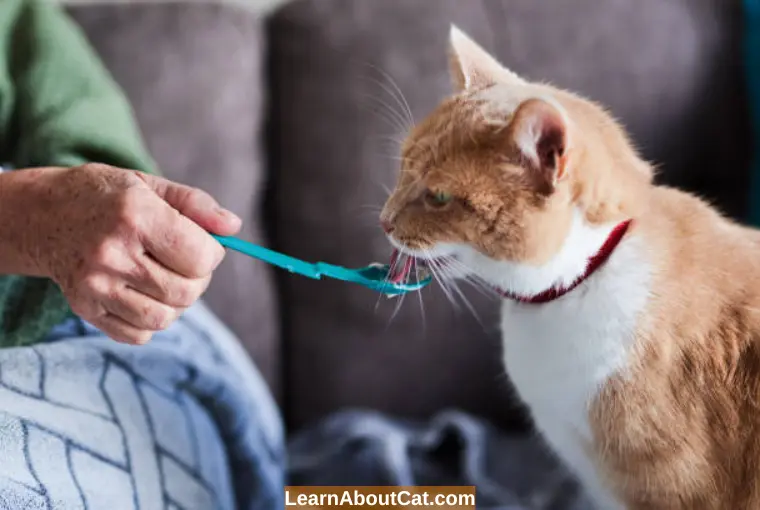
You should do the following things when your senior cat stops eating.
1. Create a Plan of Action
A diet specially formulated for your cat’s unique medical requirements is likely to yield the greatest results. Your veterinarian will regularly weigh your cat and determine its optimal weight in order to ensure that your diet is working.
In order to promote weight growth and address the issues particular to each illness, the right macronutrients and micronutrients are added to diets for various conditions.
2. Choose the Ideal Cat food
Selecting a meal that your cat enjoys and won’t disturb its stomach is the first and most crucial step. To encourage them to consume it, you should provide them with a tasty meal that also meets their nutritional needs.
Cats may have an intense affinity for a certain flavour, food type (canned vs dry), or even texture. So, an owner should give such food or choose a nutrient which his or her feline buddy likes.
3. Find out How Much Your Cat Should be Fed
It’s time to determine the proper serving sizes after you’ve picked a diet that satisfies your cat’s demands and makes them anxiously await meals.
Maths is on our side here. It is often recommended to determine your cat’s resting metabolic requirements and then feed it this many calories plus 20% extra in order for it to acquire weight gradually and healthily.
Frequently Asked Questions
The Bottom Line on Older Cat Not Eating But Drinking
For a number of reasons, your elderly cat prefers to drink and overeat. Due to hormonal conditions like hyperthyroidism or diabetes, renal failure, food allergies, or tooth rot, they may have eating problems and pain. In these circumstances, call your veteran as soon as possible. Most diseases may be efficiently treated in order to either cure them or control them.
Related Posts:
Who is Isabella?
My name is Isabella, and I am a dedicated and knowledgeable cat enthusiast. With years of experience caring for cats and a deep love for felines, I made a mission to help other cat lovers navigate the challenges of cat ownership.

